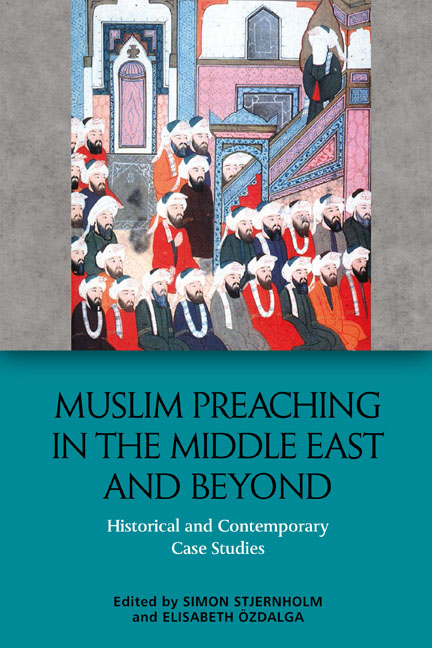6 - Going Online: Saudi Female Intellectual Preachers in the New Media
Published online by Cambridge University Press: 20 October 2020
Summary
In a BBC report featuring Saudi Arabia's most popular Twitter accounts, a woman, Nawal al-ʿId (b. 1977), appears among three male clerics as the ‘superstars’ of social media with millions of followers. While the names of the male clerics are followed with illustrative characterisations, such as the ‘Brad Pitt’ preacher (Muhammad al-ʿArifi), the ‘cool’ preacher (Ahmad al-Shugayr) and the ‘former radical’ preacher (Salman al-ʿAwda), al-ʿId is simply described as the ‘female preacher’. It appears as if the very fact that she is a woman and a preacher is both an anomaly among the typology of popular tweeters and the reason for her being popular. Yet, al-ʿId is not the only known female preacher online. Although she is the unrivalled social media star among women in Saudi Arabia, with more than four million followers, al-ʿId is joined by hundreds of other female preachers on social media who use Twitter, YouTube and other web-based platforms on a daily basis. Having the most-followed Twitter accounts among women in Saudi Arabia, the category of preachers known as intellectual female preachers (dāʿiyāt muthaqqafāt) are known for disseminating their thoughts on a range of topics, including religious, social and, to a circumstantial extent, political. Who are these women, and how can we understand their presence in the new media?
This chapter examines the phenomenon of female intellectual preachers through an analysis of for what reasons and purposes they have made use of new media to participate in the public sphere. To understand their encounter with the new media, the first part situates the phenomenon of female intellectual preachers within the wider historical context of Saudi Arabia and women's role in the society. This will give an insight into the religious, social and political factors that made way for the emergence of dāʿiyāt muthaqqafāt – a highly educated network of female preachers who intervene in the public sphere as both preachers and intellectuals. Having their public participation conditioned on preserving strict physical gender segregation, the next part looks at the different ways the new media have unprecedentedly facilitated the engagement and presence of the dāʿiyāt muthaqqafāt in the wider public.
- Type
- Chapter
- Information
- Muslim Preaching in the Middle East and BeyondHistorical and Contemporary Case Studies, pp. 107 - 131Publisher: Edinburgh University PressPrint publication year: 2020

